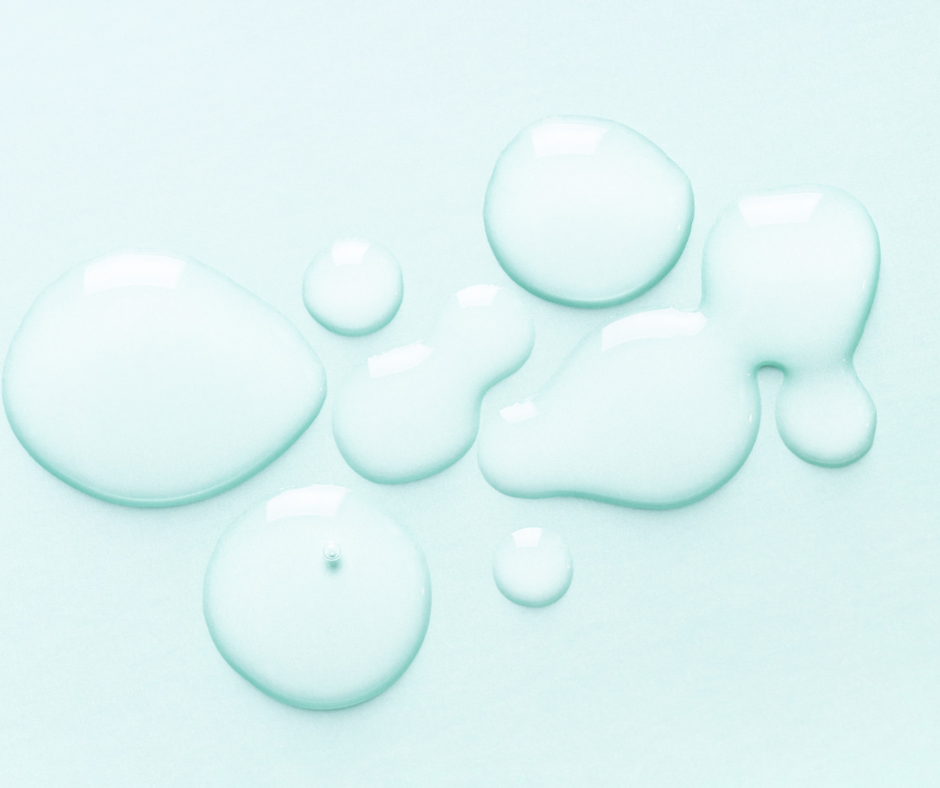
Hyaluronic Acid: What is it and what does it do?
Share
What is hyaluronic acid?
You will most likely have heard of hyaluronic acid as it has become a popular skincare buzzword over recent years. To understand it’s importance, let’s dive into what it really is; a natural substance found in the skin which assists in hydration, maintenance, and cell regeneration. Hyaluronic acid plays an important role in the epidermal (skin’s top layer) barrier function, helping to limit water loss, reduce damaging chemical absorption and preventing infection. It also hydrates and increases the rate of skin cell regeneration and healing. The main function of hyaluronic acid in the epidermis is to maintain extracellular space resulting in an open pathway for nutrients to pass through and replenish the skin. HA is responsible for giving your skin structure and a plumped, hydrated appearance.
The science
Found throughout the body’s connective tissue, hyaluronic acid (HA) is a type of carbohydrate called polysaccharides. HA is responsible for giving your skin structure and that plumped, hydrated appearance.
The molecular weight of hyaluronic acid plays a significant role, it can bind up to 1000 times its own weight in water, which means that it can hold onto water molecules on the surface of your skin, keeping it plump and hydrated.
Hyaluronic acid (HA) can be used at different molecular weights. Low molecular weights (LMW) can penetrate the skin to deliver nourishing and regenerative benefits to the skin. High molecular weights (HMW) can form a protective layer on the skin, absorbing moisture to boost hydration and improve skin texture. LMW reaches deeper layers of the skin delivering nourishing and regenerative benefits that sustain hydration levels. HMW forms a protective hydration barrier on the surface of the skin, delivering instant visible results.
Hyaluronic acid is also great for transporting other molecules throughout your body. HA can bind to many different cell types making it an excellent carrier molecule in your skincare routine to deliver nutrients to the skin, which is why medications using hyaluronic acid has become a major topic of study.
The 3 different forms of hyaluronic acid are:
- Hydrolyzed hyaluronic acid is moisturising, but is not the most moisturizing of the three types. It is best suited for those who have oily or combination skin since these skin types want to avoid over-moisturising.
- Sodium hyaluronate goes deeper into the skin and is best for people who have normal skin, as it will deliver moisture but not too heavily.
- Sodium acetylated hyaluronate has the benefits of sodium hyaluronate but with longer-lasting results. It is best for people who need a lot of moisture, such as those with dry skin.
Main skin benefits
- Anti-aging
- Moisturising
- Anti-wrinkle
- Increases skin elasticity
- Wound healing
Skin is more supple
An abundance of HA in the skin is a vital component for maintaining skin health and nourishment. Factors such as ageing, UV exposure and pollution can all contribute to lowering HA levels. Wrinkles will appear reduced the better hydrated your skin is leading to your skin appearing smoother and firmer.
Wound healing
The concentration levels of hyaluronic acid increases when skin becomes damaged. HA can help to heal wounds faster, by sending out signals in the body to build more blood vessels in the damaged area, speeding up healing time.
Is hyaluronic acid safe to use?
Over-the-counter serums, gels and eye drops are considered safe. Hyaluronic acid supplements taken orally are also considered safe, but you should mention it to your healthcare provider as you would if you were taking any other vitamin or supplement. Prescription hyaluronic products should be taken exactly as prescribed by your GP. Injections should only ever be carried out a licensed, qualified professional.




